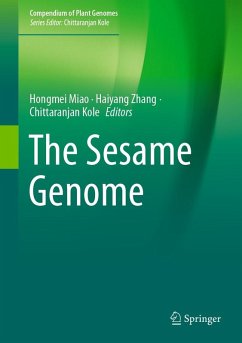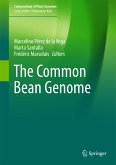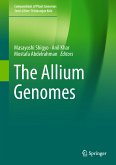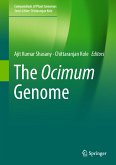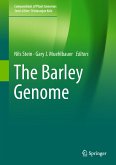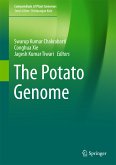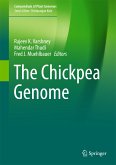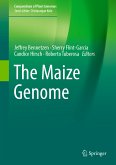Altogether, the book contains 19 chapters authored by globally reputed experts on the relevant field in this crop. This book is useful to the students, teachers, and scientists in the academia and relevant private companies interested in classical and molecular genetics, biotechnology, breeding, biochemistry, traditional and molecular breeding, and structural and evolutionary genomics. The work is also useful to seed and oil industries.
Dieser Download kann aus rechtlichen Gründen nur mit Rechnungsadresse in A, B, BG, CY, CZ, D, DK, EW, E, FIN, F, GR, HR, H, IRL, I, LT, L, LR, M, NL, PL, P, R, S, SLO, SK ausgeliefert werden.

